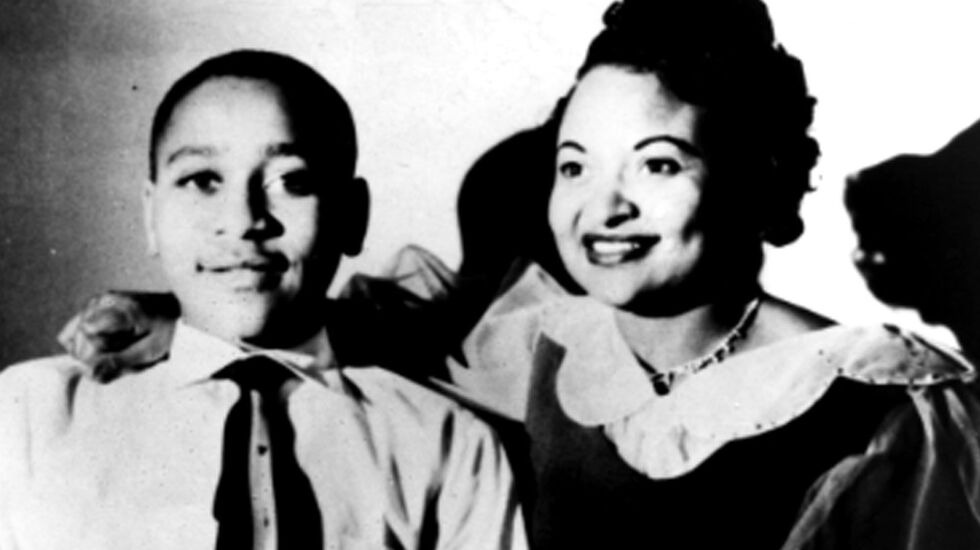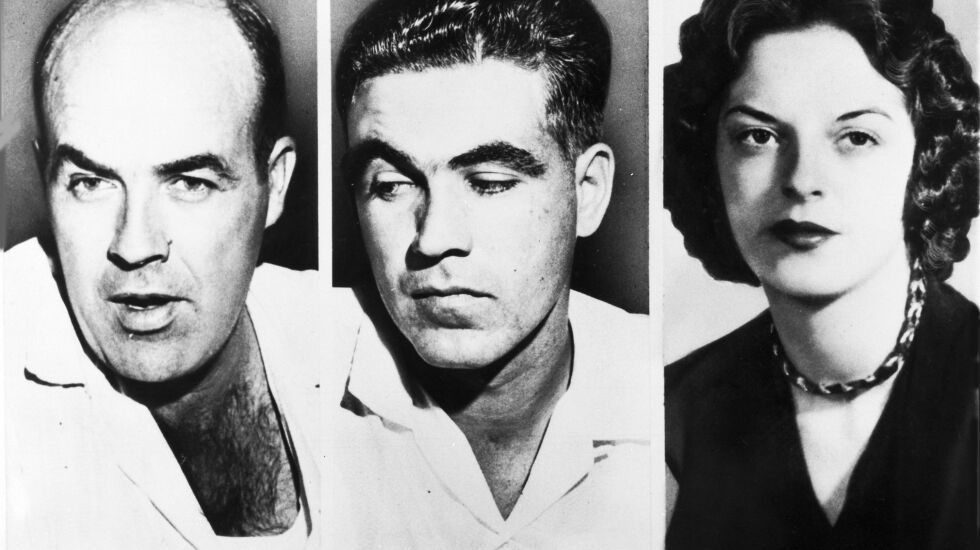
Finally, an August 29, 1955, arrest warrant in the Emmett Till case has been discovered, issued for the arrest of “J.W. Milam, Roy Bryant and Mrs. Roy Bryant” and alleging they “did willfully, unlawfully and feloniously and without lawful authority, forcibly seize and confine and kidnap” 14-year-old Till.
Not surprisingly, there were calls last week for the arrest of Carolyn Bryant Donham — Mrs. Roy Bryant — the only one of the three still alive. But this fresh demand raises two immediate questions.
First, can the warrant be executed against Donham nearly 67 years later? Second, should it be?
Under Mississippi law, the answer to the first question is yes, since the warrant has never been served or vacated. The call to do that is understandable. After all, no one ever has answered for the brutal 1955 lynching of Emmett, a crime set in motion when Roy Bryant learned that Emmett had whistled at his wife at the Bryant Grocery and Meat Market in tiny Money, Mississippi.
Between 2 and 2:30 a.m. on Aug. 28, following a night of drinking, Roy Bryant and his half-brother J.W. Milam forced their way at gunpoint into the home of Emmett’s relatives, terrorized the family and marched the Chicago teen out to a truck parked in front. Emmett’s great-uncle, Moses Wright, stood helplessly on the front porch and heard a brief conversation at that truck.
First, one of the kidnappers. “Is this the one?” Then a woman’s voice. “Yes.”
In the interest of justice
It long has been believed that Carolyn Bryant was that woman, a reasonable conclusion. However, there is no legal proof. This has been a source of great frustration for Till family members, especially the Rev. Wheeler Parker Jr., Emmett’s cousin and best friend, who was at the house that night.

That frustration has been made worse because of how the case unfolded. Despite an admission by Roy Bryant and J.W. Milam that they kidnapped Emmett, they were never indicted for that crime and were acquitted of Emmett’s murder by an all-white, all-male jury.
That is why, in the interest of accountability and justice, there has been interest in investigating, charging and potentially convicting Carolyn Bryant Donham. She was the focus of an investigation by the FBI and the State of Mississippi between 2004 and 2006, a probe that produced a reported 8,000 pages of documents but no indictment.
No charges were filed following a second phase of the investigation either, following a January 2017 report that Donham had admitted she lied when she said in sworn courtroom testimony that Emmett had accosted her. The FBI determined that there was no credible evidence to support that claim that Donham admitted she lied — Donham later denied it — which was published in the book “The Blood of Emmett Till” by Timothy Tyson. The FBI investigation was closed on Dec. 6, 2021.
The question for a prosecutor would be whether anything more than headlines would result from arresting Donham.
The value in arresting the 88-year-old Donham would be partly to send a message: No matter how long you live, you will have to answer for a hate crime. But it’s more than symbolic. While Donham was questioned several times during the FBI investigations, being interrogated subject to an arrest warrant certainly raises the threat level and might prompt her to tell the truth, something she appears to have avoided so far. There would be some measure of justice in such a revelation, since Rev. Parker and I already have seen evidence suggesting her lack of honesty. Clearing the record is at least one purpose of the Emmett Till Unsolved Civil Rights Crimes Act.
Yet the prosecutor would have to bring charges against her within a reasonable time or set her free. What if, once again, there are no charges? What would be the take-away message? She already has described herself as a victim.
It would seem that the last thing advocates for an arrest would want is for the person who is believed — with good reason — to have taken part in a horrific crime to be arrested, only to escape judgment and claim to have been exonerated. That would add another tragic layer to this story.
Ironically, then, serving the newly discovered warrant might not serve justice. Maybe just the opposite.
Perhaps, at the end of the day, an enduring, unchallenged belief in her guilt is the better outcome.
Christopher D. Benson is an associate professor at Northwestern University’s Medill School of Journalism and co-author with the Rev. Wheeler Parker, Jr., of the upcoming book “A Few Days Full of Trouble: Revelations on The Journey to Justice For My Cousin and Best Friend, Emmett Till.” Benson is also president of the Board of Directors of the Emmett Till and Mamie Till-Mobley Institute.
The Sun-Times welcomes letters to the editor and op-eds from our readers. See our guidelines.







